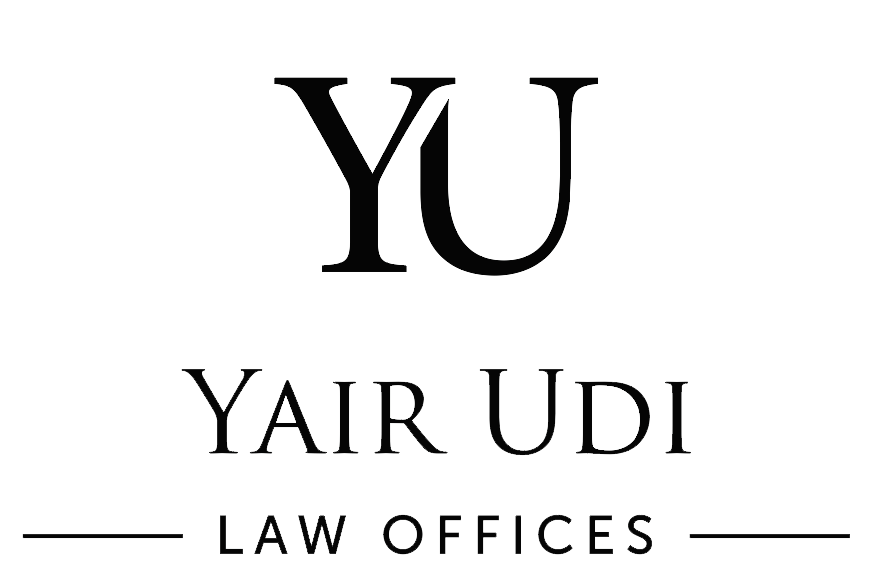In the ever-evolving landscape of technology and digital communication, Zoom has emerged as a dominant force, revolutionizing the way we connect and collaborate. Zoom’s August 7, 2023 updated Terms of Service introduces a significant clause – Section 10.4 – that has raised eyebrows and sparked discussions among users and privacy advocates alike. This article delves into the implications of Section 10.4, urging companies to reevaluate their usage of Zoom and other services that collect unnecessary data, highlighting potential concerns for both users and legislators.
Understanding Section 10.4: A Deeper Dive
Zoom’s Section 10.4, known as the “Customer License Grant,” grants Zoom a comprehensive license over customer content. This includes a perpetual, worldwide, non-exclusive, sublicensable, and transferable license for various actions involving customer-generated content. The primary purposes for which Zoom can leverage this license encompass service provision, development, marketing, analytics, artificial intelligence, quality assurance, and more.
Section 10.4 reads:
“10.4 Customer License Grant. You agree to grant and hereby grant Zoom a perpetual, worldwide, non-exclusive, royalty-free, sublicensable, and transferable license and all other rights required or necessary to redistribute, publish, import, access, use, store, transmit, review, disclose, preserve, extract, modify, reproduce, share, use, display, copy, distribute, translate, transcribe, create derivative works, and process Customer Content and to perform all acts with respect to the Customer Content: (i) as may be necessary for Zoom to provide the Services to you, including to support the Services; (ii) for the purpose of product and service development, marketing, analytics, quality assurance, machine learning, artificial intelligence, training, testing, improvement of the Services, Software, or Zoom’s other products, services, and software, or any combination thereof; and (iii) for any other purpose relating to any use or other act permitted in accordance with Section 10.3. If you have any Proprietary Rights in or to Service Generated Data or Aggregated Anonymous Data, you hereby grant Zoom a perpetual, irrevocable, worldwide, non-exclusive, royalty-free, sublicensable, and transferable license and all other rights required or necessary to enable Zoom to exercise its rights pertaining to Service Generated Data and Aggregated Anonymous Data, as the case may be, in accordance with this Agreement. Notwithstanding the above, Zoom will not use audio, video or chat Customer Content to train our artificial intelligence models without your consent.”
Potential Ramifications
Exploitation of Customer Data: The language of Section 10.4 provides Zoom with substantial latitude to exploit customer data for various purposes, including redistribution, publishing, and even disclosure to third parties if it serves the purpose of developing the services. This raises concerns about user data privacy and confidentiality of information shared with Zoom, as customers may not be fully aware of how their data could be used beyond the scope of their immediate interactions on the platform.
AI Model Training: Notably, the terms stipulate that Zoom is not permitted to use audio, video, or chat customer content to train their artificial intelligence models without explicit user consent. However, this condition raises the question of whether users’ consent is comprehensive and explicit enough and even so, whether users’ and companies confidential data should even be subject to AI models training. Also, there’s always a possibility that user-generated content might inadvertently be utilized to train AI models despite user preferences.
Why Companies Should Reevaluate Their Usage of Zoom?
The comprehensive license granted to Zoom through Section 10.4 poses several concerns for companies that rely on the platform for communication and collaboration:
- Data Security and Privacy: Companies, particularly those dealing with sensitive information, should be cautious about the potential exposure of customer data to various parties. The broad scope of the license may not align with their privacy policies and security measures. There is a possibility that by even discussing third party’s confidential information over Zoom, you are breaching that third party’s rights under any NDA signed with that third party.
- Lack of Control Over Data: The transferability and sub-licensability of the license could lead to a loss of control over customer data. Companies may find themselves unable to prevent unintended uses of their customer data.
- AI Model Training and Biometric Data: The concern is amplified for companies dealing with biometric data. Any usage of such data for AI model training could lead to privacy violations and ethical dilemmas.
Looking Ahead: A Broader Perspective; Eavesdropping
The issues highlighted in Zoom’s Section 10.4 could be just the tip of the iceberg. As technology evolves and companies increasingly incorporate data usage for product development and AI model training, user consent and data security must remain paramount.
Legislators should assess whether the consent provided in Zoom’s terms of service is sufficiently explicit or whether Zoom’s actions could be considered intrusive or even criminal in nature. The line between data usage for service enhancement and potential eavesdropping becomes blurred in such cases.
Section 10.4 of Zoom’s updated Terms of Service prompts a pressing conversation about data usage, consent, and the potential implications of granting companies wide-ranging licenses over customer content. Businesses, users, and legislators alike should carefully scrutinize these terms to ensure the responsible use of customer data, privacy protection, and the ethical development of AI models. As the digital landscape continues to evolve, maintaining transparency and safeguarding user rights should be at the forefront of technological progress.
DISCLAIMER
This content is brought to you for informational purposes only, you should not construe any such information or other material as legal, tax, investment, financial, or other advice. Nothing contained on this website constitutes a solicitation, recommendation, endorsement, or offer by any person or any third party service provider to buy or sell any securities or other financial instruments in this or in in any other jurisdiction in which such solicitation or offer would be unlawful under the securities laws of such jurisdiction.
THIS ARTICLE IS PROVIDED FOR INFORMATIONAL PURPOSES ONLY AND DO NOT CONSTITUTE LEGAL ADVICE. THIS ARTICLE IS PROVIDED WITHOUT ANY WARRANTY, EXPRESS OR IMPLIED, INCLUDING AS TO ITS LEGAL EFFECT AND COMPLETENESS. THE INFORMATION SHOULD BE USED AS A GUIDE AND MODIFIED TO MEET YOUR OWN INDIVIDUAL NEEDS AND THE LAWS OF YOUR STATE, BY INDEPENDENT COUNSEL YOU RETAIN. YOUR USE OF ANY INFORMATION CONTAINED IN THIS ARTICLE, IS AT YOUR OWN RISK. WE, OUR EMPLOYEES, CONTRACTORS, OR ATTORNEYS WHO PARTICIPATED IN PROVIDING THE INFORMATION CONTAINED HEREIN, EXPRESSLY DISCLAIM ANY WARRANTY, AND BY DOWNLOADING OR USING OR RELYING ON THIS ARTICLE; NO ATTORNEY-CLIENT RELATIONSHIPS ARE CREATED. DO NOT USE THIS ARTICLE WITHOUT AN INDEPENDENT LAWYER YOU HAVE SPECIFICALLY RETAINED FOR SUCH PURPOSE.
© 2023 Yair Udi – Law Offices. All rights reserved

